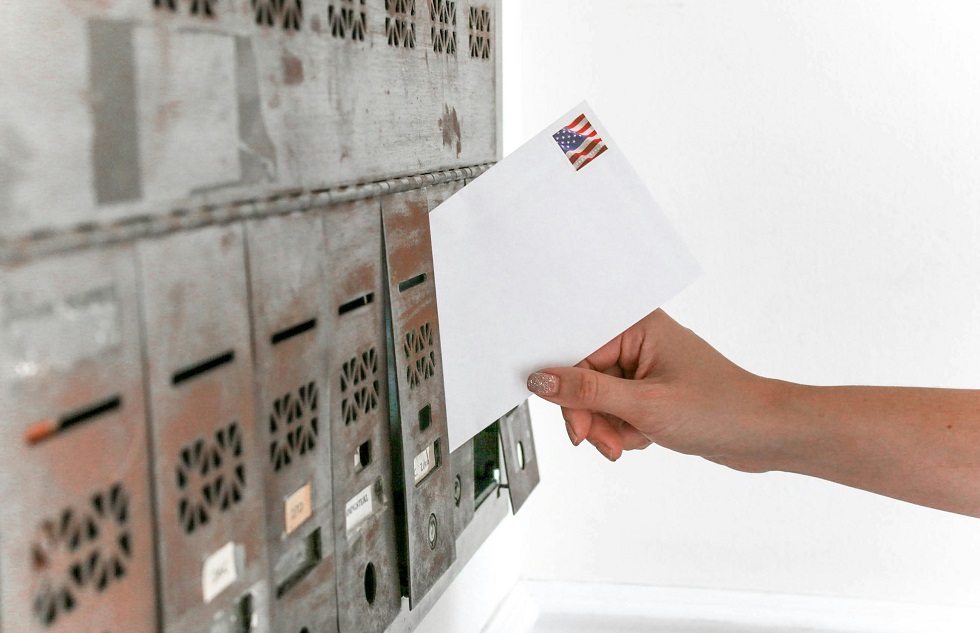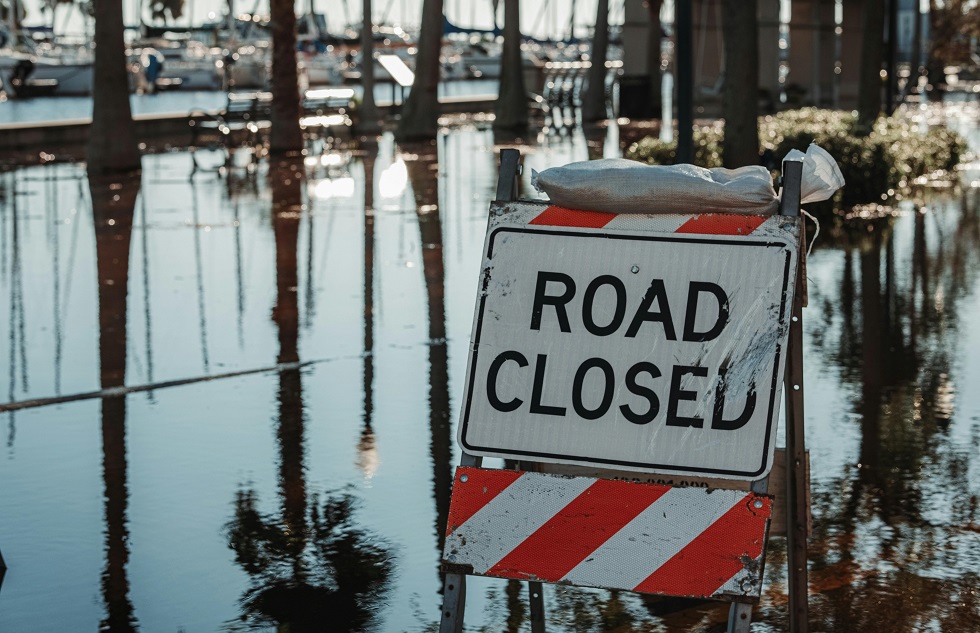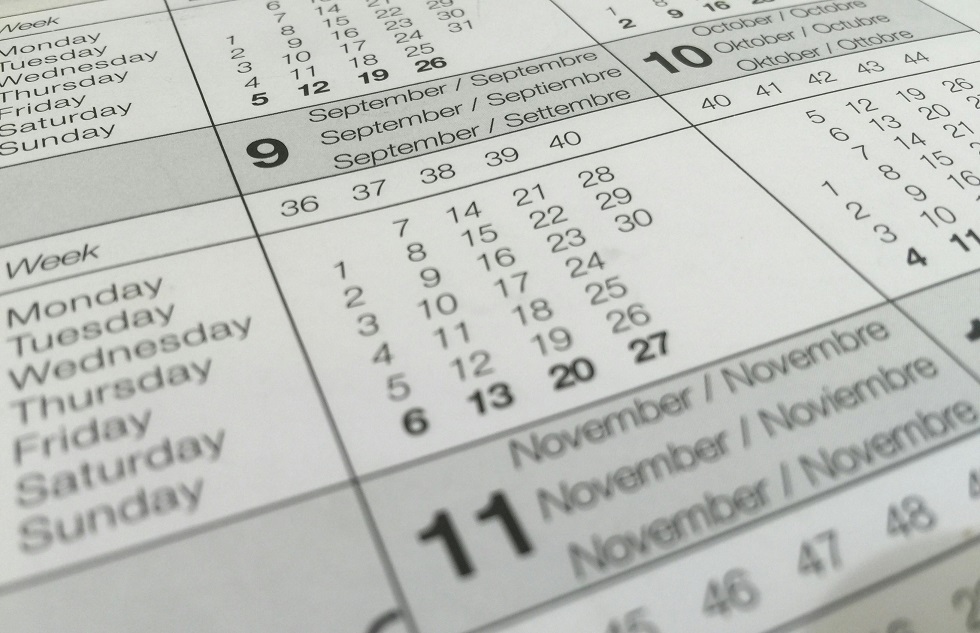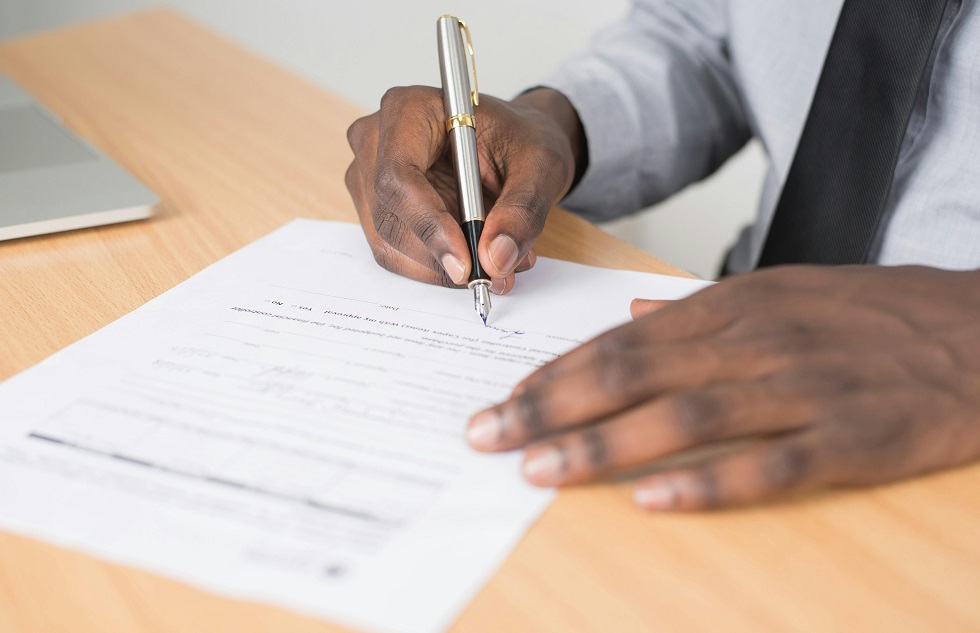When dealing with property damage claims, you may encounter a document called a property damage release form. This legal instrument plays a crucial role in finalizing insurance claims and settling disputes related to damaged property. A property damage release form is a document you sign to acknowledge that you’ve accepted compensation for your damaged property and agree not to pursue further legal action or claims related to the incident.
Before signing this form, it’s important to understand its implications. By putting your signature on the dotted line, you’re effectively closing the case and forfeiting your right to seek additional compensation, even if new damages surface later. Insurance companies typically present this form once they’ve investigated your claim and determined a settlement amount they believe covers your losses.
You should approach signing a property damage release form with caution. It’s wise to carefully review the document and ensure that the compensation offered truly covers all your damages.
In some cases, you might want to consult with an attorney to review your claim and the release form before signing. This step can help protect your interests and ensure you’re not inadvertently settling for less than you deserve.
What Is a Property Damage Release Form?
A property damage release form is a legal document used in insurance claims and settlements. It signifies that you, as the property owner, accept compensation for damages to your property.
By signing this form, you agree to release the responsible party from further liability related to the incident. This means you can’t pursue additional claims or legal action for the same damages.
Insurance companies typically provide these forms after assessing your claim and determining a settlement amount. The process usually involves:
- An adjuster inspecting the damage
- The company evaluating repair costs
- A settlement offer being made
The form serves as proof that you’ve received payment and are satisfied with the settlement. It’s a crucial step in finalizing your property damage claim.
Before signing, carefully review the document. Ensure all damages are accounted for and the compensation is fair. You have the right to negotiate if you feel the offer is inadequate.
Consider having an attorney review the form, especially for significant property damage. Once signed, it’s legally binding and limits your options for future action.
Remember, you’re not obligated to sign immediately. Take time to understand the terms and implications fully before making your decision.
Evaluating A Property Damage Release Form
Before signing a property damage release form, take time to carefully review it. Read through every detail and ensure you fully understand the terms.
Check that the settlement amount matches what was agreed upon. Verify it covers all damages and necessary repairs.
Compare the form’s description of damages to your own records and photos. Make sure nothing is missing or inaccurately represented.
Look for any clauses that could limit your rights or prevent you from making future claims. Be wary of broad language releasing the insurer from all liability.
Consider having an attorney review the form before signing. They can spot potential issues and advise if the settlement is fair.
Don’t feel pressured to sign immediately. Take time to assess if the offer truly covers your losses and future expenses related to the damage.
If you’re unsure about any part of the form, ask questions. Request clarification from your insurance company on any confusing terms or provisions.
Once signed, this form typically closes your claim. Ensure you’re completely satisfied with the settlement before agreeing to its terms.
Should You Sign a Property Damage Release Form?
Signing a property damage release form is a significant decision that requires careful consideration. This document finalizes your insurance claim and prevents you from seeking additional compensation for damages related to the incident.
Before signing, ensure you’ve thoroughly documented all property damage. Take photos and videos of affected areas. Get professional estimates for repairs or replacements.
Review the settlement offer carefully. Does it cover all your losses? Consider future costs that may arise from the damage. If you’re unsure, consult an attorney to review the claim and release form.
Be cautious about signing too quickly. Insurance companies may pressure you to settle, but take your time to fully assess the situation.
Remember, once you sign, you typically can’t reopen the claim. Even if you discover additional damage later, you’ll be unable to seek further compensation.
If you’re satisfied the settlement covers all damages and potential future issues, signing may be appropriate. However, if you have any doubts or concerns, it’s best to hold off.
Consider negotiating with the insurance company if their offer seems inadequate. You have the right to advocate for fair compensation.
Ultimately, only sign when you’re confident the settlement fully addresses your property damage claim.
How Do You Know If Your Insurance Company Is Making A Fair Offer?
Determining if your insurance company’s offer is fair requires careful consideration. Start by calculating the full extent of your property damage. Document all losses thoroughly with photos, receipts, and repair estimates.
Research comparable property values and repair costs in your area. This information helps you establish a realistic baseline for your claim’s value.
Consider consulting an independent appraiser or public adjuster. These professionals can provide an unbiased assessment of your property damage.
Review your insurance policy carefully. Understand your coverage limits and any exclusions that may affect your claim.
Compare the insurance company’s offer to your own calculations and research. If there’s a significant discrepancy, ask the insurer for a detailed explanation of their valuation.
Don’t feel pressured to accept the first offer. It’s often in your best interest to negotiate, especially if you believe the offer is too low.
Keep in mind that accepting a settlement and signing a release form typically means you can’t seek additional compensation later. Take your time to ensure you’re comfortable with the offer before signing anything.
Contact The Property Damage Attorneys At Landau Law
The Landau Law Group specializes in property damage claims throughout Florida. Our experienced lawyers can help you navigate the complexities of your case and seek maximum compensation.
With offices in Boca Raton and Bonita Springs, our firm serves clients across the state of Florida. We offer free, no-obligation consultations to discuss your property damage claim.
To reach the Landau Law Group, call 866-703-4878. Our attorneys are ready to examine your insurance policy and determine your coverage.
The firm’s legal team can:
- Review your policy details
- Investigate home inspections and audits
- Handle both residential and commercial claims
- Represent homeowners, business owners, and HOA/condo associations
Don’t hesitate to seek professional legal assistance with your property damage claim. Contact the Landau Law Group today to protect your rights and pursue the compensation you deserve.
Florida Property Damage Lawyers
Insurance Blog Posts

How Do Home Insurance Companies Determine Pre-existing Damage?
Home insurance companies employ various methods to assess pre-existing damage when evaluating property damage claims. This process is crucial for insurers to determine the validity and extent of coverage for property damage. Insurance adjusters conduct thorough visual...

Signs Your Insurance Adjuster Estimate Is Too Low
Insurance claims can be complex, and receiving an adjuster's estimate that seems too low is a common frustration for policyholders. Recognizing the signs of an undervalued estimate is crucial to ensure fair compensation for property damage or losses. Key indicators of...

What To Do If You’re Denied Hurricane Damage Claim For Home
Hurricane damage can be devastating for Florida homeowners, leaving them in a state of distress and financial uncertainty. When insurance claims for such damage are denied, it adds another layer of stress to an already difficult situation. Facing a denied claim...

Guide To Documenting Damages For A Florida Flood Claim
Proper documentation of flood damage is crucial for a successful insurance claim in Florida. When floodwaters recede, homeowners face the daunting task of assessing and recording the extent of their losses. Thorough documentation, including photos, videos, and...

What To Do If You Disagree With A Home Insurance Adjuster
Dealing with a home insurance claim can be stressful, especially when you disagree with the adjuster's assessment. Many homeowners find themselves in this frustrating situation after experiencing property damage or loss. If you disagree with the insurance adjuster's...

Common Reasons Your Florida Hurricane Damage Insurance Claim May Be Denied
Florida homeowners face a daunting challenge when their hurricane damage insurance claims are denied. Understanding the common reasons for these denials can help you navigate the claims process more effectively. Insurance companies may deny claims due to inadequate...

How Long Does An Insurance Company Have to Pay a Claim in Florida?
How long does my insurance company have to settle a claim in Florida? Dealing with insurance claims can be a complex process, especially when you're unsure about the timeline. In Florida, insurance companies don't have a specific deadline to pay out claims. Instead,...

How To Prepare For A Recorded Statement
Giving a recorded statement for an insurance claim can be a crucial step in the process. It's important to approach this task with careful preparation and a clear understanding of its potential impact on your claim. Take time to outline the key facts of your claim...




